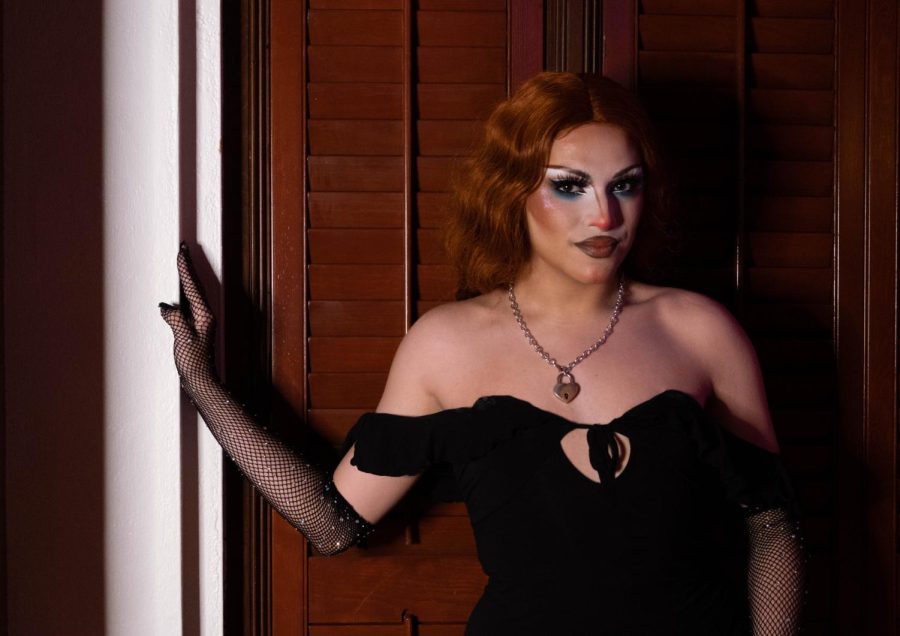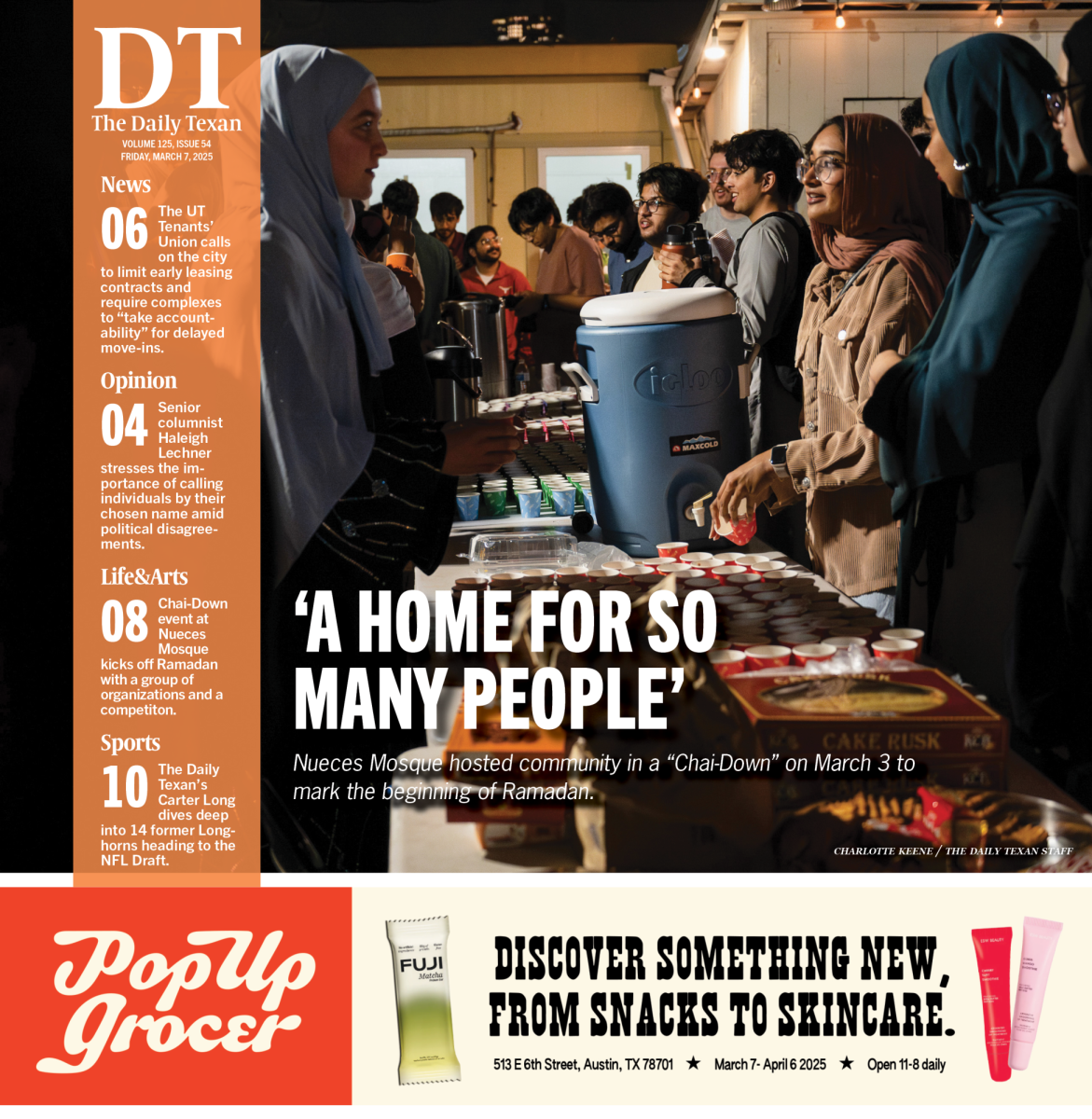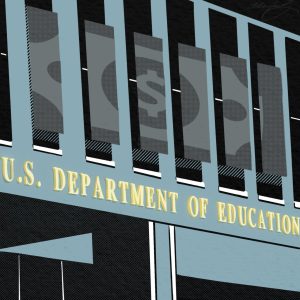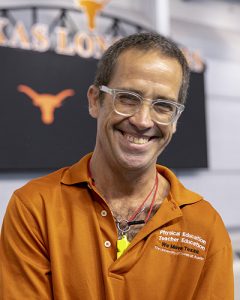‘The bill passing is not going to stop us’: LGBTQ+ advocates speak out against anti-drag bill
April 3, 2023
The Senate Committee on State Affairs held public testimony at the end of March over a bill that could potentially ban drag and drag performances from taking place in public spaces and in the presence of minors — legislation that has raised vast objections from LGBTQ+ rights advocates.
Senate Bill 12, authored by state Senator Bryan Hughes, would broaden the definition of what constitutes a “sexually oriented performance” to include those featuring a “male performer exhibiting as a female, or a female performer exhibiting as a male” through clothing and makeup and an individual who “sings, lip syncs (or) dances” in front of an audience and appeals to the interest of sex.
Local drag queen Iggy Bank said she went to the Texas Capitol to hear testimonies about how these restrictions would impact drag performers and the queer community.
“I really would like people to know that drag is not inherently sexual,” Bank said. “We have specific numbers and specific costumes curated for younger audiences because we know what is right and what is wrong.”
According to the author’s statement of intent, the goal of the bill is “to protect children from sexually oriented performances,” including drag performances. Geoff Carlisle, a member of the UT Queer Policy Coalition, said the bill has a different underlying intent.
“They’re trying to communicate that somehow children are walking into bars (or) … attending nightclub shows, and that’s completely ridiculous,” Carlisle said. “It feeds into this false narrative of LGBTQ people as being unsafe and dangerous, (which) could not be further from the truth.”
Both Bank and Carlisle are concerned the language of the bill is too vague to accurately address only drag and could instead be used to target transgender and nonbinary people who frequently present as a gender other than the one assigned at birth in public spaces.
“For me, I’m a trans woman,” Bank said. “I can go to a show and take off my drag, and I’m still visibly queer. Someone could see me and, if this bill were to pass, could say, ‘You’re not presenting as the gender you were assigned at birth’ and could consider (that) a sexually-oriented performance and get me arrested just for trying to live my most authentic life as a queer person.”
Carlisle, a graduate student at the LBJ School of Public Affairs, said this bill and others such as SB 1601, which would remove state funding from municipal libraries that host drag story hours, evoke similar sentiments to legislation passed in the early 1900s that eventually led to the Stonewall Uprising.
By placing more restrictions on drag and increasing age limits, Bank said the bill denies queer youth an outlet to express themselves.
“The first drag show I ever went to was at my local university back home in Laredo, and when I got to see actual queer people thriving in my community where I felt I couldn’t thrive and survive, it really gave me such a new outlook on life,” Bank said. “The bill passing is not going to stop us. We’re still going to do our best to educate the youth and show them that there is a will to live; there’s hope to live.”
According to Equality Texas, there are 140 bills that could harm the LGBTQ+ community in the current legislative session.
SB 12 has been placed on the Senate calendar and will be heard on the Senate floor at an undetermined date.












